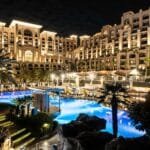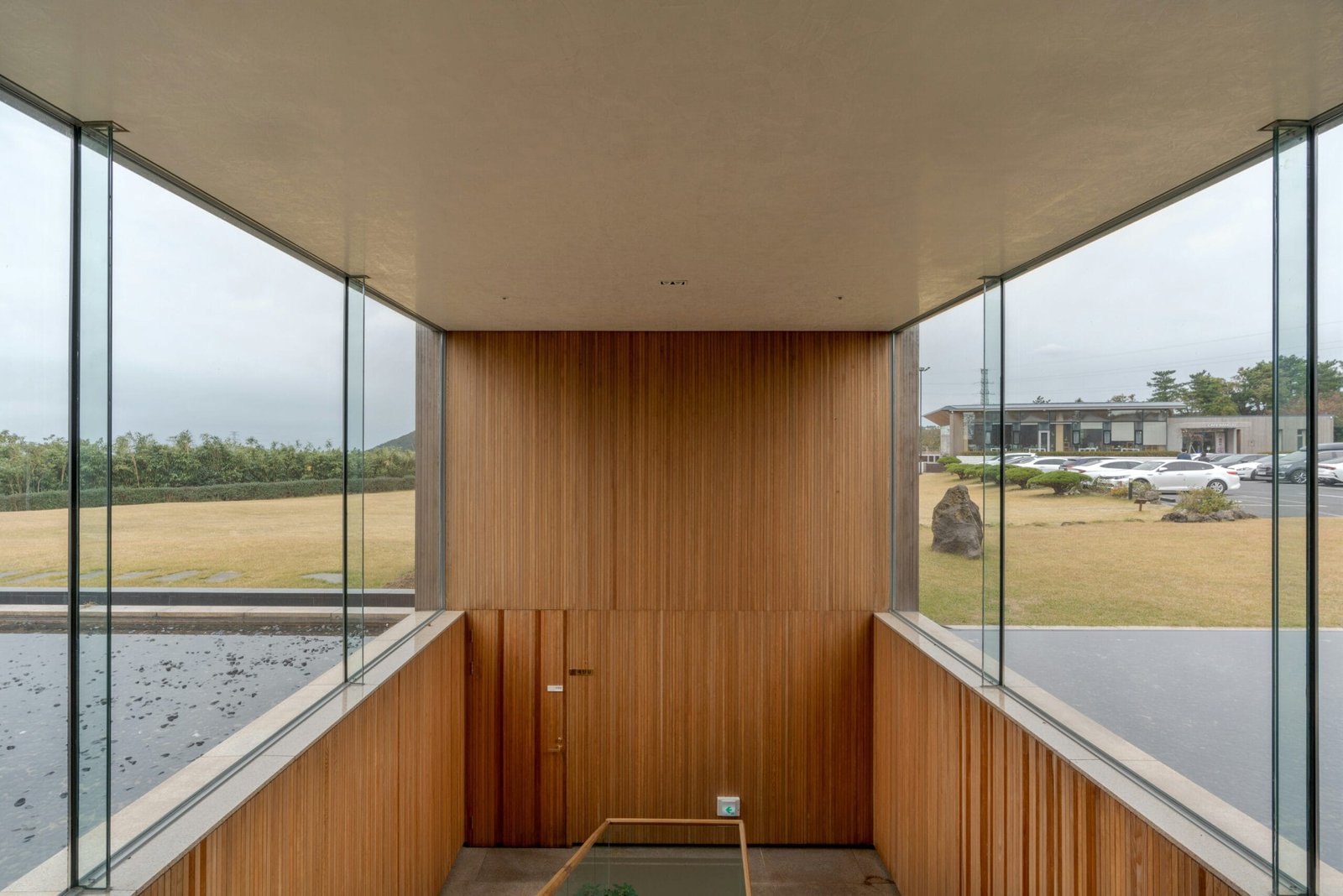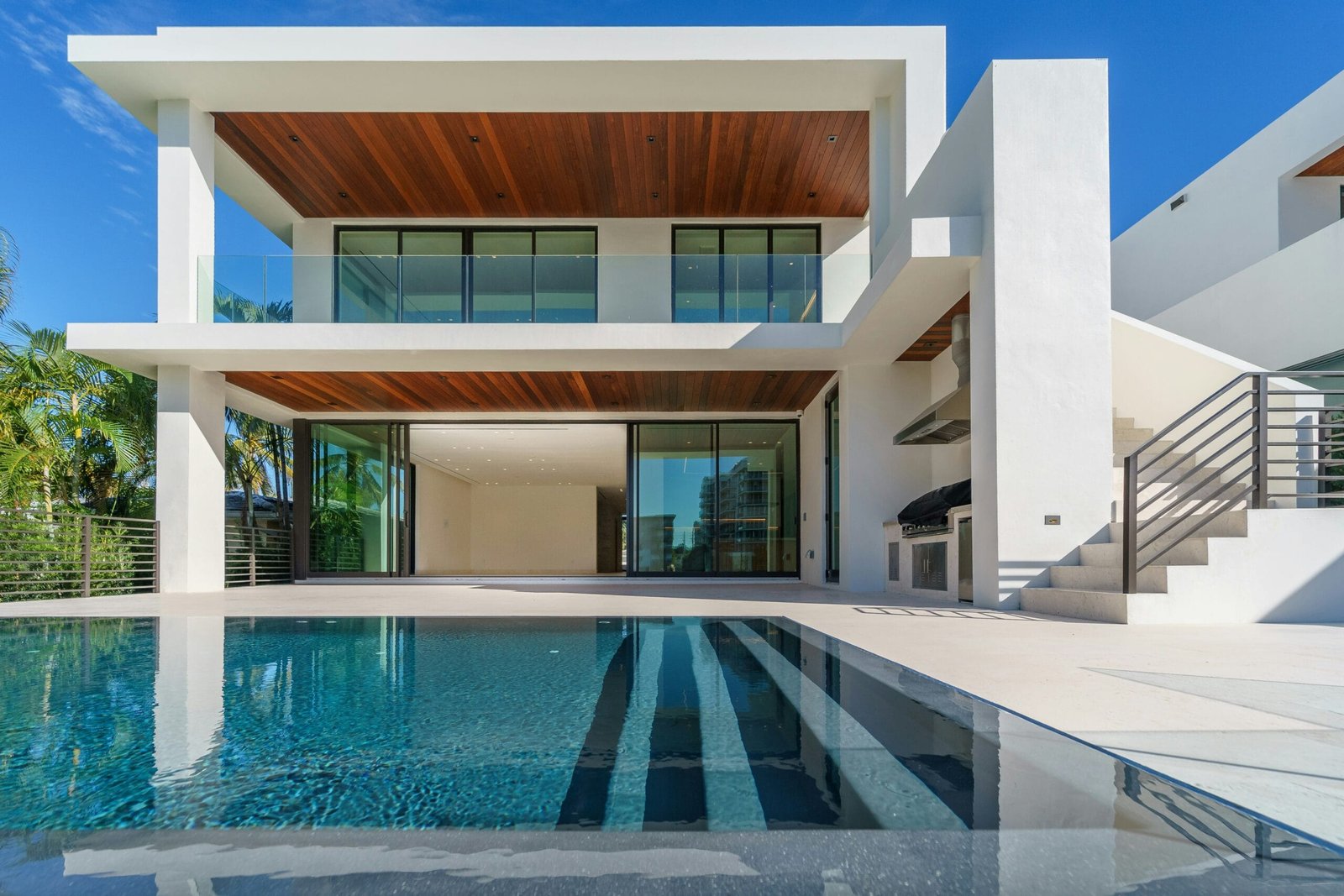
Introduction to Themed Hotels in Jeju
Themed hotels have gained significant popularity in various tourist destinations worldwide, and Jeju Island is no exception. These hotels are designed not only to provide accommodations but also to deliver a distinctive experience that immerses guests in local culture and traditions. As travelers increasingly seek unique and memorable stays, themed hotels have emerged as a compelling option, particularly in regions rich in history and artistic expression, such as Jeju.
On Jeju Island, themed hotels often reflect the vibrant culture, folklore, and natural landscapes of the area. They are thoughtfully designed to incorporate elements of Korean heritage, showcasing local artwork, architecture, and the island’s stunning scenery. This practice helps to cultivate an enriching environment that connects visitors with the essence of Jeju, going beyond mere hospitality. With a growing number of travelers seeking immersive and authentic experiences, themed hotels fulfill this desire by serving as cultural gateways to the island.
Themed hotels in Jeju cater to a diverse array of interests and preferences, making them appealing options for families, couples, and solo travelers alike. By engaging with the local culture through themed décor, activities, and cuisine, visitors have the opportunity to create lasting memories. This melding of hospitality and cultural experience positions themed hotels as a central aspect of the evolving tourism landscape in Jeju.
The Unique Concept Behind Jeju’s Themed Hotels
Themed hotels in Jeju are a remarkable manifestation of cultural storytelling, artfully intertwining local heritage with contemporary hospitality. Each hotel property is meticulously designed around a specific theme that resonates with the unique local environment, from the idyllic coastal vistas to the enchanting volcanic landscapes, showcasing Jeju’s rich cultural tapestry. Themes can range from traditional Korean elements to modern interpretations that reflect the island’s natural beauty and folklore.
Upon entering these themed hotels, guests are instantly immersed in a story, as every detail—from the architecture to the interior decor—has been deliberately chosen to enhance their experience. For instance, a hotel might evoke the essence of Jeju’s famous tangerine orchards through vibrant colors and scents, while another could reflect the local fishing culture through nautical-themed decor. This integrative approach not only attracts tourists but also engages them through experiential narratives that celebrate Jeju’s identity.
The encapsulation of Jeju’s nature and heritage into these accommodations extends beyond mere aesthetics; it provides valuable cultural insights and a deeper connection to the island. Visitors are encouraged to participate in local activities, such as traditional tea ceremonies or culinary workshops, further enriching their stay. Guests often leave the hotels with fond memories and a greater appreciation of Jeju’s socio-cultural landscape.
Moreover, the success of these themed hotels serves as an impetus for developing local tourism. By focusing on immersive experiences, Jeju’s themed hotels foster sustainable tourism practices, encouraging the preservation of the island’s cultural and environmental resources. As the industry continues to evolve, the unique concepts behind these distinctive accommodations remain at the forefront, contributing significantly to the allure of Jeju Island for travelers seeking an authentic cultural retreat.
Showcasing Local Art: Beyond Decor
Themed hotels in Jeju serve not only as accommodation options but also as vibrant showcases of local art. By incorporating works from regional artists into their design, these hotels cultivate a distinctive atmosphere that resonates with the rich cultural tapestry of Jeju Island. This integration of art transcends mere decoration; it becomes an essential part of the guest experience, offering insights into the island’s artistic heritage and traditions.
Local artists are often commissioned to create pieces that reflect the unique landscape, historical narratives, and cultural symbols of Jeju. This initiative not only highlights the creative talents of the islanders but also provides a platform for preserving and promoting Jeju’s folklore and artistic practices. Guests have the opportunity to encounter various art forms – from traditional ceramics to contemporary paintings – all of which contribute to a deeper understanding of the locale.
Moreover, by featuring local art within the hotel setting, visitors engage with the region’s artistic dialogue, experiencing how these works relate to the social and historical context of Jeju. Each artwork often tells a story, inviting guests to delve into the island’s past and its cultural evolution. For example, the use of natural materials and traditional crafts can be seen in many themed hotels, symbolizing the intrinsic connection between the local environment and its artistic output.
This approach not only enriches the aesthetic appeal of the hotels but also aligns with the broader tourism strategy of cultural immersion and sustainability. By prioritizing local artistry, these establishments foster a sense of pride among residents while educating guests on Jeju’s vibrant creative scene. In doing so, themed hotels transform into cultural hubs, inviting travelers to appreciate the artistic heritage of this enchanting island.
Immersive Experiences: Activities and Amenities Offered
Themed hotels in Jeju are not just places to stay; they serve as gateways to the rich culture and unique experiences the island has to offer. Many of these establishments have carefully curated a wide range of immersive activities and amenities that invite guests to engage more deeply with the local traditions and customs. For instance, cultural workshops are a popular attraction, allowing visitors to participate in activities such as traditional Korean pottery making or crafting local handicrafts. These hands-on experiences provide not only a creative outlet but also foster a greater understanding of Jeju’s artistic heritage.
Guided tours also play a crucial role in enhancing the stay for visitors at themed hotels. These tours often include excursions to historical landmarks, natural wonders, and local markets, led by knowledgeable guides who share captivating stories about the island’s past and present. Such tours allow guests to see Jeju not just as tourists but as participants in a living narrative, connecting them to the culture at a personal level. Many hotels offer customized itineraries that cater to guests’ interests, ensuring that each visitor has a unique and memorable experience.
Additionally, interactive art installations have become increasingly popular in themed hotels, transforming ordinary lobbies and corridors into dynamic spaces of artistic expression. These installations provide guests with opportunities to engage with art in new and innovative ways, often inviting them to contribute or participate in the creation process. This active involvement heightens emotional engagement with the artwork and emphasizes the connection between art, culture, and identity.
Overall, the immersive experiences offered by themed hotels in Jeju significantly enhance the guest experience. By providing opportunities for cultural engagement, these activities encourage visitors to forge meaningful connections with the island’s heritage, making their stay both enjoyable and enlightening.
Culturally Inspired Rooms: A Fusion of Comfort and Heritage
The themed hotels in Jeju offer a unique opportunity to experience the island’s rich cultural heritage through their thoughtfully designed rooms. Each room is inspired by the local traditions, incorporating elements that reflect the essence of Jeju’s history and natural beauty. The design seamlessly merges comfort and cultural authenticity, creating a truly immersive environment for guests.
From traditional Korean furnishings to contemporary twists on classic designs, each room presents an aesthetic that resonates with the island’s heritage. Visitors can expect to find beautifully crafted wooden furniture that showcases local artistry, alongside contemporary amenities that ensure a comfortable stay. The careful selection of local materials, such as volcanic rock and bamboo, enhances the rooms’ connection to Jeju’s landscape. These elements not only add visual appeal but also tell the story of the island’s natural resources and craftsmanship.
Moreover, the color palettes used in the interiors reflect the tranquil hues of Jeju’s scenery, often incorporating soft blues, greens, and earthy tones. Artwork depicting local flora, fauna, and folklore adorns the walls, serving as an educational tool that introduces guests to the cultural significance behind each piece. The infusion of cultural narratives into the decor fosters a greater appreciation for the island’s history and traditions, inviting guests to engage with the space on a deeper level.
Accessibility to modern comforts is ensured in these culturally inspired rooms, as each hotel seamlessly integrates Wi-Fi, climate control, and quality bedding without compromising on the immersive experience. This careful balance of tradition and comfort allows travelers to enjoy the rich cultural aspects of Jeju while indulging in essential luxuries.
Culinary Offerings: Tasting Jeju’s Local Flavors
Themed hotels in Jeju offer a unique culinary experience that highlights the island’s rich and diverse food culture. Each establishment typically features onsite restaurants that showcase traditional Jeju cuisine, effectively merging the culinary arts with the hotel’s overarching theme. The emphasis on local ingredients is paramount, as the freshness and quality of Jeju’s produce significantly enhance each dish. Renowned for its seafood and farm-to-table offerings, Jeju is surrounded by abundant oceans and fertile land that provide a plethora of local ingredients, from fresh fish and shellfish to vibrant vegetables and unique fruits.
Incorporating traditional cooking methods, these restaurants often offer dishes prepared using age-old recipes passed down through generations. The use of stone pots, grilling techniques over wood, and fermentation processes are just a few examples of how chefs strive to maintain the integrity of Jeju’s culinary heritage. Furthermore, many themed hotels host special culinary events that focus on seasonal ingredients, allowing guests to partake in the vibrant food culture of Jeju. These events may include cooking classes with local chefs, tastings of traditional dishes, and even guided food tours to local markets.
Beyond typical dining options, several themed hotels collaborate with local farms and fisheries, ensuring guests have access to the freshest and most authentic flavors available. Such collaborations not only elevate the dining experience but also foster a better understanding of the region’s agricultural practices and local economies. As visitors indulge in Jeju’s local flavors, they not only enjoy a delectable meal but also contribute to the preservation of the culinary traditions that define the island. This dedication to promoting local cuisine creates an enriching culinary landscape that enhances the overall experience for any guest visiting the themed hotels in Jeju.
Sustainable Practices: Promoting Eco-Tourism
Themed hotels in Jeju are increasingly recognizing the importance of sustainable practices as a means to promote eco-tourism and appeal to environmentally conscious travelers. These establishments have integrated various eco-friendly initiatives that not only enhance the guest experience but also contribute to the preservation of the island’s natural beauty.
One of the key approaches employed by these hotels involves supporting local farmers. By sourcing ingredients from nearby agricultural producers, themed hotels not only provide guests with fresh, organic meals but also help sustain the local economy. This farm-to-table philosophy not only reduces the carbon footprint associated with food transportation but also gives visitors a taste of authentic Jeju flavors. Such partnerships often extend to the sourcing of materials for hotel operations, thereby promoting a circular economy within the community.
In addition to supporting local agriculture, themed hotels in Jeju are also committed to waste reduction initiatives. Many hotels have implemented recycling programs that encourage guests to participate in minimizing waste. Some properties even utilize composting systems for organic waste, transforming it into nutrient-rich soil for landscaping. Furthermore, several themed hotels have taken measures to eliminate single-use plastics by providing reusable alternatives, fostering a culture of sustainability among their guests.
Preserving the natural environment is another fundamental aspect of eco-tourism strategies at these hotels. Themed accommodations frequently feature eco-friendly architecture using sustainable materials and designs that blend harmoniously with the surrounding landscape. Many hotels conduct environmental awareness programs, offering guests insights into local ecosystems and conservation efforts, thereby promoting responsible tourism practices.
In conclusion, the commitment to sustainable practices among themed hotels in Jeju not only enhances the overall travel experience but also underscores the importance of eco-tourism. By focusing on local partnerships, waste reduction, and environmental preservation, these hotels provide a culturally immersive experience that resonates well with those who prioritize sustainability during their travels.
Feedback from Guests: Real Experiences
The themed hotels in Jeju Island have garnered notable attention from travelers seeking unique and culturally immersive experiences. Guests have shared their thoughts, expressing a blend of satisfaction and delight in the ambiance created by the distinctive art and theming found in these establishments. Many reviews highlight the artistry embedded in the lodging decor, with guests praising the way local culture and heritage are seamlessly integrated into their accommodations.
One guest recounted their stay at a hotel themed around traditional Jeju architecture, emphasizing the authentic ambiance that transported them back in time. They appreciated the meticulous attention to detail, from the design of the guest rooms to the thoughtfully curated artwork displayed throughout the property. This immersive experience not only enhanced their visual appreciation but also deepened their understanding of Jeju’s rich history. Others echoed similar sentiments, with several mentioning that their encounters with local crafts and folklore added layers of enjoyment to their stay.
Feedback from families reveals that these themed hotels offer educational aspects, making them ideal for children eager to learn about Jeju’s culture. Parents noted how the interactive exhibits and themed activities helped instill a sense of appreciation for local traditions in their young ones. Furthermore, guests often expressed their gratitude for the warm hospitality extended by the staff, which further enriched their overall experience.
Overall, guest reviews reflect a consensus that the themed hotels in Jeju not only provide a place to stay but also serve as a portal into the island’s cultural tapestry. The positive impacts of these immersive experiences resonate strongly, encouraging visitors to explore all that Jeju has to offer while enjoying a unique ambiance that intertwines comfort with cultural richness.
Conclusion: The Future of Themed Hotels in Jeju
As we reflect on the allure of themed hotels in Jeju, it becomes evident that they are more than just accommodations; they are vibrant cultural experiences that encapsulate the essence of the island’s heritage. Throughout this exploration, we have uncovered the unique attributes of various themed hotels that celebrate Jeju’s natural beauty, folklore, and traditions. These hotels not only provide guests with a whimsical escape but also serve as a bridge connecting visitors to the local culture.
Looking ahead, the future of themed hotels in Jeju appears promising. To remain competitive in the evolving tourism landscape, these hotels will likely prioritize innovation and adaptability. Embracing technological advancements could enhance guest engagement, such as integrating virtual reality experiences that provide deeper insights into Jeju’s history and culture. This technological evolution, while essential, must be balanced with a steadfast commitment to cultural authenticity. Guests increasingly seek genuine connections to their destinations, making this a crucial consideration for hotel operators.
Moreover, sustainability practices will play an integral role in the development of themed hotels. Increasingly, travelers are looking for eco-friendly options that honor the destination’s natural resources. Themed hotels in Jeju can capitalize on this trend by incorporating sustainable materials, reducing waste, and supporting local artisans. By fostering a sense of responsibility towards the environment, hotels can create authentic interactions while preserving the island’s unique landscape for future generations.
In conclusion, as themed hotels in Jeju continue to evolve, their potential to enhance the guest experience while remaining committed to cultural authenticity and sustainability will be critical. By embracing innovation and environmental stewardship, these establishments can not only thrive in the competitive tourism sector but also contribute positively to their communities and the cultural tapestry of Jeju.




